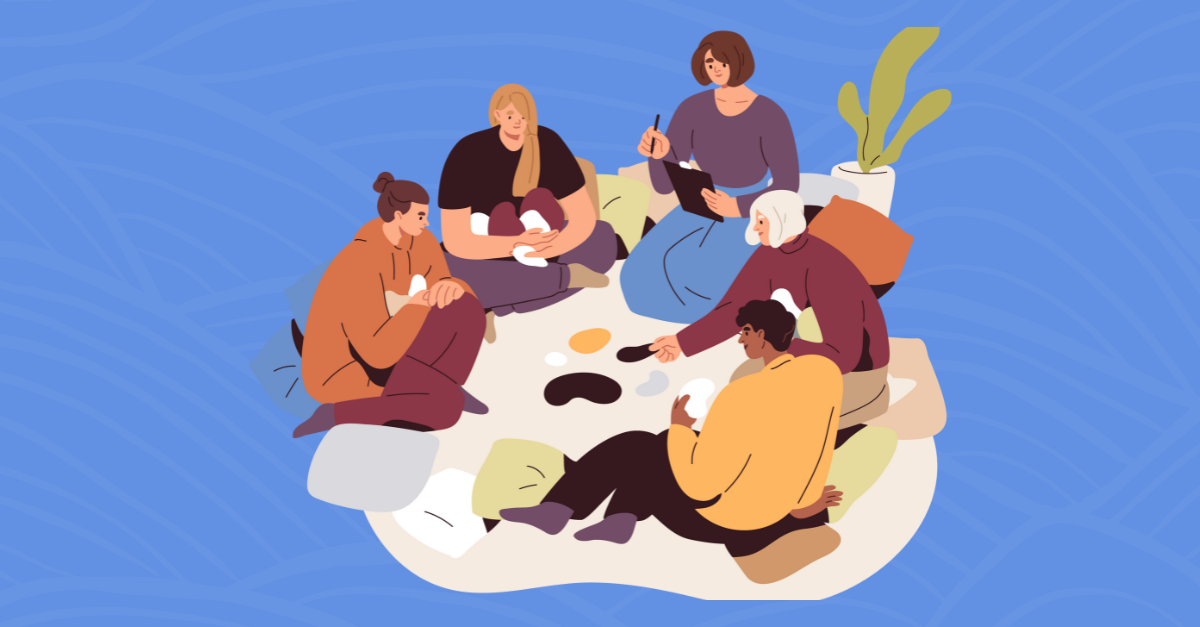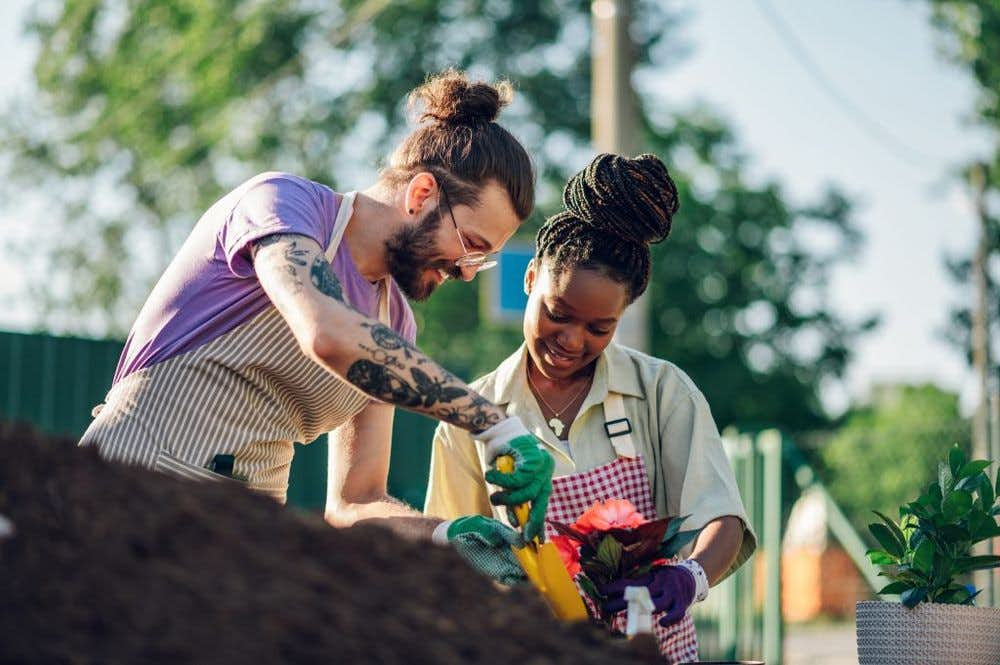May 3rd, 2023

If you are unfamiliar with group therapy, you may be wondering if it is the right choice for you. However, there are numerous advantages to this form of therapy. Group therapy has many benefits. It can help us increase our social connections and improve relationships. This blog post will discuss the types of group therapy and how it can help us.
Group therapy has similar advantages to individual therapy and offers experiences outside of what an individual session includes. Groups offer a supportive atmosphere for individuals with comparable issues, dreams, and needs. They gain advice and encouragement from each other as well as the facilitator. Hearing the words “I feel that way too” can be powerful and a step toward transformation.
Group therapy may be more affordable and easier to access than individual sessions. And there are several types of groups geared toward different subjects or issues. The first step in deciding whether to join a group is identifying your specific needs and goals. This initial step will help narrow your search to find the type of group that will be the best fit.

They could also instruct methods for managing it. Additionally, they could provide a forum to help each other. There may be weekly assignments to complete in between sessions.

No matter the type, groups provide a small resemblance of what members’ everyday worlds might look like. This aspect can be extremely valuable for gaining insight into our relationships outside of the group. With increased insight and new perspectives, we can:
If your goal is to improve relationships, group therapy can be helpful in addition to individual work with a therapist. Many factors influence our behaviors in relationships. Our early experiences with the people in our lives, and how they handled disagreements greatly influence our current interactions with others.
Our past influences how we learn to express emotions, actively listen, our communication styles, and how we feel about ourselves. The ability to set healthy boundaries in relationships and enforce them is also impacted by our past experiences. Healthy boundaries are key to developing and maintaining positive relationships. Let’s look at unhealthy boundaries- porous and rigid- and how each impacts relationships.

We can fluctuate between rigid and porous boundaries depending on context and experiences. We can have different boundaries with different people. For example, our boundaries with family may be porous, but we may develop rigid boundaries in romantic relationships.
This is because we have been hurt multiple times. It’s important to note that porous and rigid boundaries often feel protective.
Sharing parts of ourselves with others can be uncomfortable and terrifying. We may also find it difficult to assertively communicate our needs if we aren’t used to doing it. Group therapy not only facilitates learning skills to set and enforce healthy boundaries. Groups focused on improving relationships can also encourage:
Groups remind us that we are not alone in our experiences. Group therapy may be the right choice for you. Find a group that matches your needs and desires. Then, contact the leader of the group or the organization that is running it. They can answer questions and help you clarify if the group is right for you.
Our Services
Virtual/Online CarePHP and IOPAdult PsychiatryChild & Adolescent PsychiatryAdult TherapyChild & Adolescent TherapyCouples CounselingFamily TherapyGroup TherapyPsychological TestingTranscranial Magnetic Stimulation (TMS)